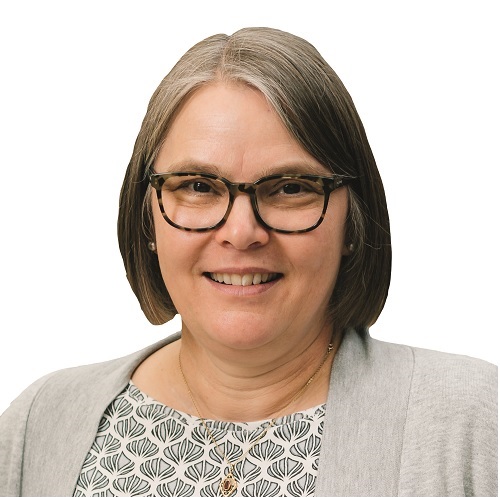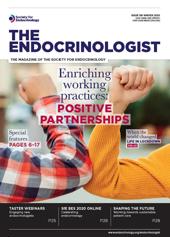As I write this, the next series of ‘The Great British Bake Off’ is about to start. It seems like ages since the last one. It tends to hyperactivate the baking aficionados at our institute, all of whom try their hands at the week’s technical challenge and share the outcome with everybody.
Like all other research-based workplaces, the Institute of Metabolism and Systems Research has a scientific and social heart: the write-up room. Here, the boundaries between friend and colleague become blurred, and there is always someone to share new ideas with. The hustle and bustle were at times intense – sometimes too noisy to really concentrate on the task at hand! That all changed, of course, with COVID-19 and the start of lockdown. Time slowed and my job changed a lot.
‘Probably like everybody else, these Zoom
meetings stopped us from getting lost in
translation, scientifically and personally.’
While usually working on metabolism of the coenzyme NAD+ as a research technician, I spent most of my time looking after my lab’s mice and performing experiments in the lab. Like many others, from March 2020, I had time to work on other tasks.
I used this as an opportunity. I learned about the theory behind high- resolution respirometry, and really got to grips with the intricacies of the biochemistry behind it and how the equipment used to measure it works. I shared this new found knowledge by giving a presentation in one of our many Zoom lab meetings.
Probably like everybody else, these Zoom meetings stopped us from getting lost in translation, scientifically and personally. Zoom meetings also allowed us to collaborate closely with the director of the animal facility and her deputy, to work out how best to write a new animal licence for Home Office approval. Subsequently, I spent many a week writing to bring together our experimental plans with the recommendations in the licence. I have to say, I was glad when I could finally hand it over to ‘The Boss’ to take it to the Animal Welfare Ethical Review Body.

Silke at work. Credit: Caitlyn Berry
At the beginning of June, with the university still in restricted operations, a principal investigator was faced with the challenge of how to harvest tissue from mice that had been kept for months for a thyroid cancer study. She arranged for permission to be given to do the work, and even labelled the tubes for us. I could then go into the very empty and quite surreal animal facility to collect the tissue with an animal technician, kitted out with all of the PPE available, to get on with the job. It felt surreal at first, like a science fiction movie, but then we all got used to it.
Gradual reopening of the campus found us keeping ‘the length of a tiger’ in mind, as a measure of 2m distance from our health and safety training. With unusually clean lab coats and disinfectant at the ready, we were all really pleased to see each other and to be back in the lab for some practical work.
As we had been right in the middle of moving floors before lockdown, there were of course many instances where instruments, chemicals and pipettes magically disappeared and reappeared in a different room. As I order consumables for several research groups, gauging demand, and keeping on top of stocks and receipt of deliveries, proved much more time consuming and challenging than usual. With new booking systems in place and shift patterns to take into account, communication and patience are key as we start back with reduced numbers and lab capacity.
These are of course all ‘small fish’ compared with the work our clinical colleagues were doing on the NHS frontline, but I hope we played our part to keep the show on the road for the future. By working together, we continued to do exciting science and managed to get a surprising amount of experimental work done.
Nevertheless, I look forward to the day when we will bake again, to share cakes in the write-up room.
SILKE HEISING
Molecular Metabolism Research Group, Institute of Metabolism and Systems Research, College of Medical and Dental Sciences, University of Birmingham







